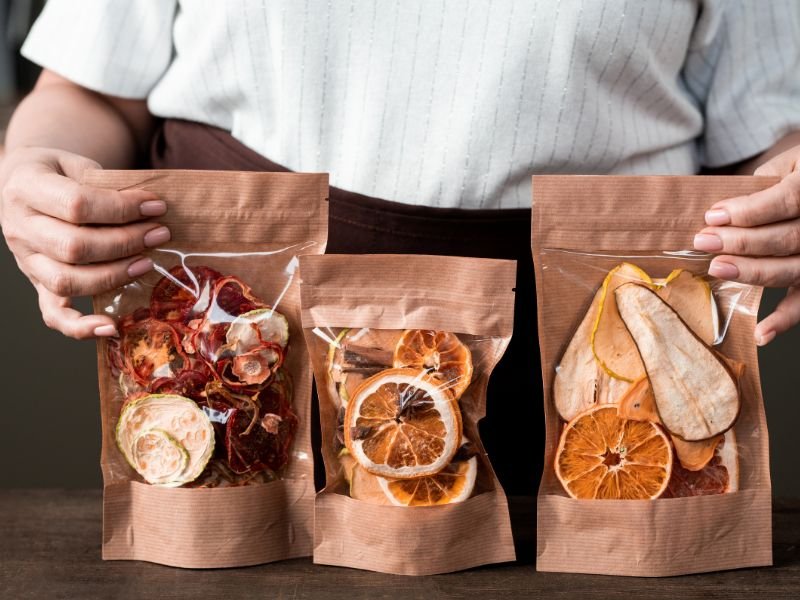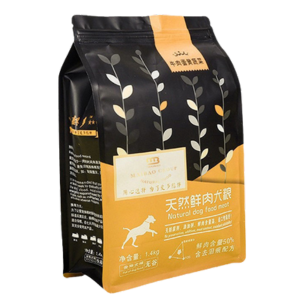Are you curious about the safety of the plastic bags you use to store your food? You’re not alone. With growing concerns about food safety and environmental impact, understanding what qualifies as a food grade plastic bag is essential for consumers and businesses alike.
Food grade plastic bags are specifically designed and manufactured to meet stringent safety standards for packaging food items. These bags are made from materials that are deemed safe for storing and transporting food products without posing any risk of contamination. Typically, they are constructed using FDA-approved materials, ensuring they are free from harmful chemicals and toxins that could leach into food.
Ensuring the safety of food products is paramount in today’s world. Consumers demand packaging solutions that not only preserve the freshness and quality of their food but also safeguard their health. This is where food grade plastic bags play a crucial role.
What Makes a Plastic Bag Food Grade?
Food grade plastic bags are manufactured using materials that are deemed safe for direct contact with food. These materials must meet strict regulatory standards set by organizations such as the Food and Drug Administration (FDA) in the United States or equivalent regulatory bodies in other countries.
Polyethylene (PE) and polypropylene (PP) are the most commonly used materials for producing food grade plastic bags. These materials are known for their durability, flexibility, and resistance to moisture and grease, making them ideal for packaging various types of food products.
Additionally, food grade plastic bags undergo rigorous testing to ensure they meet specific criteria, including:
- Safety: The materials used must be non-toxic and free from harmful substances that could leach into food.
- Cleanliness: The bags must be produced in a clean and hygienic environment to prevent contamination.
- Strength: They should be strong enough to withstand the weight and pressure of the packaged food without tearing or puncturing.
- Sealability: The bags must provide a secure seal to prevent leakage and maintain the freshness of the contents.
By meeting these criteria, food grade plastic bags provide consumers with peace of mind, knowing that their food is safely stored and protected.

Applications of Food Grade Plastic Bags
Food grade plastic bags find a wide range of applications across various industries, including:
- Food Packaging: They are commonly used for packaging fresh produce, meats, dairy products, snacks, and baked goods in supermarkets and grocery stores.
- Food Service: Restaurants, cafes, and catering businesses rely on food grade plastic bags for takeout and delivery orders to ensure the safe transportation of food to customers.
- Food Processing: Manufacturers use food grade plastic bags during the processing and packaging of food products to maintain quality and hygiene standards.
- Healthcare: In healthcare settings, sterile food grade plastic bags are used for storing and transporting medical supplies, specimens, and pharmaceutical products.
The versatility and reliability of food grade plastic bags make them indispensable in various industries where safety and quality are paramount.
Environmental Considerations
While food grade plastic bags offer numerous benefits in terms of safety and convenience, there are growing concerns about their environmental impact.
Plastic pollution has become a major global issue, with single-use plastics contributing to the degradation of ecosystems and marine life. As a result, there is increasing pressure on businesses and consumers to seek more sustainable alternatives to traditional plastic packaging.
One solution gaining traction is the use of biodegradable and compostable plastics made from renewable resources such as cornstarch or sugarcane. These materials break down more quickly in the environment, reducing their long-term impact compared to traditional plastics.
Additionally, efforts to promote recycling and reuse of plastic bags can help mitigate their environmental footprint. By encouraging consumers to properly dispose of plastic bags and opt for reusable alternatives whenever possible, we can collectively work towards a more sustainable future.
Conclusion
In conclusion, food grade plastic bags play a vital role in ensuring the safety and quality of packaged food products. By adhering to strict safety standards and regulations, these bags provide consumers with confidence in the integrity of their food supply. However, as we strive to address environmental concerns associated with plastic packaging, it’s important to explore sustainable alternatives and promote responsible consumption practices.







